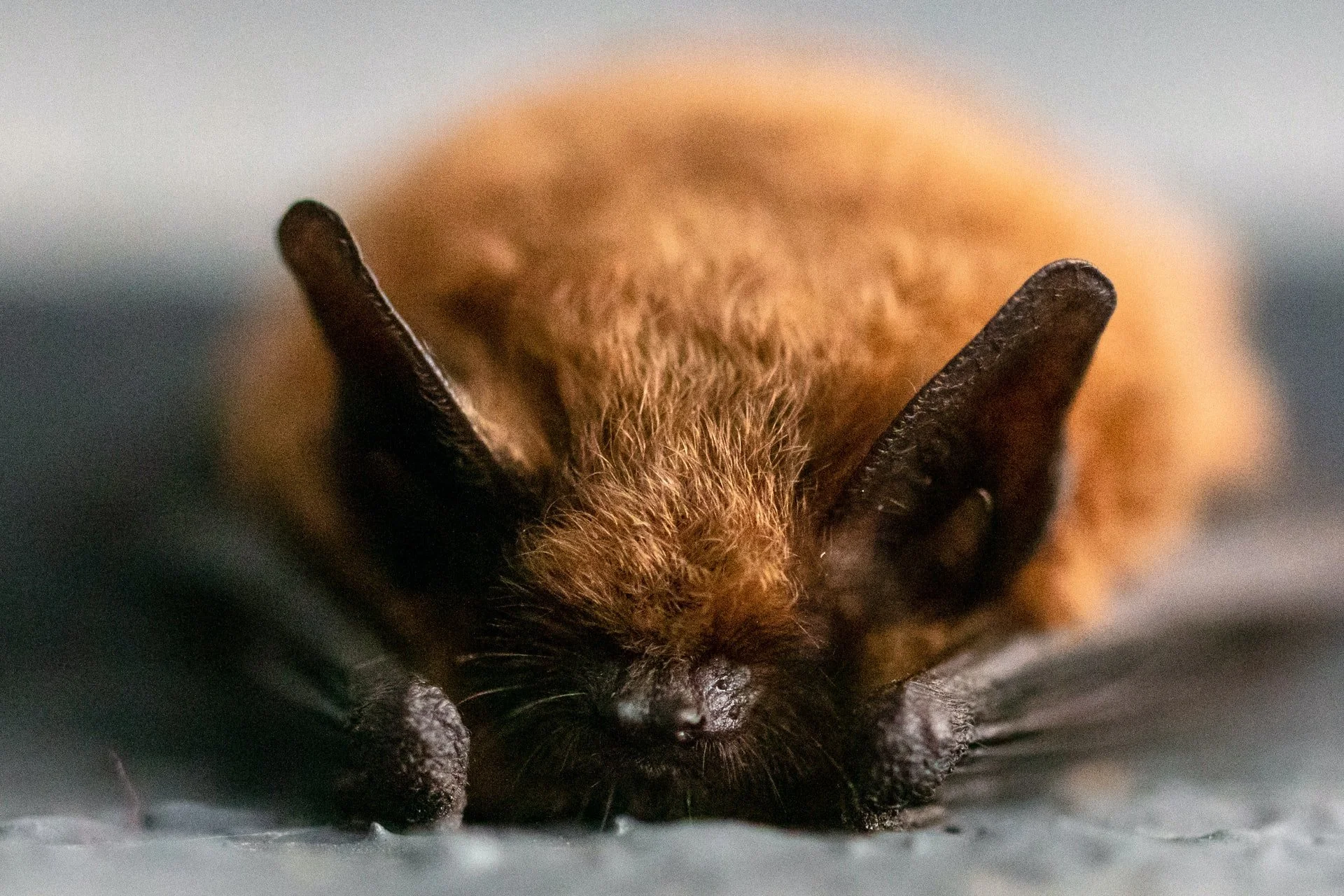Discover the Earth’s
Only Flying Mammals
Beloved Bats of Ohio
Join us on August 24 at 1:00 p.m. at the Wilderness Center and discover the beloved bats of Ohio, part of International Bat Night celebrations.
Did you know that bats have been on Earth for more than 50 million years and more than 300 species of fruit depend on them?
Be part of a global weekend of action to celebrate the Earth’s only flying mammals and promote their conservation.
Don’t miss this interactive session presented by Tracy Teuscher, MS, APR, OCVN.
Join us in the Trillium Room:
Discover Ohio’s native bats.
Learn about imperiled bat species and the threats they face.
Discover a bat’s unique pollination abilities.
Bust bat myths and fears.
Get tips for supporting or creating bat habitat.
Learn what to do if you discover nesting bats.
Discover the national bat monitoring program – and more!
Meet the Presenter
Tracy Teuscher is a certified Ecotherapist and Naturalist with an M.S in Environmental Studies and a concentration on Conservation Education and Outreach. Tracy founded Save Ohio Bees™ after learning that 1 in 4 North American native bee species are facing extinction including the American bumble bee, North America’s most essential pollinator. She is a passionate nature educator who helps equip others to create sustainable and resilient communities. She is also a published poet, songwriter, and artist who integrates creative expression in her work.
About the Wilderness Center
Founded in 1964, the Wilderness Center (TWC) stewards more than 3,380 acres of agricultural land, forest, meadow, wetland, and prairie in seven counties. TWC operates a revolving land fund to assist other conservation organizations in obtaining critical parcels of land and guides the management of nearly 15,000 acres of privately owned forest through its TWC Consulting Forestry program. TWC’s Backyard Habitat Initiative and Dark Skies programs educate and inspire community conservation. Its Foxfield Preserve conservation burial ground provides an environmentally-friendly alternative to modern burial, preserves natural land, and provides sustainable funding for TWC's conservation efforts.




